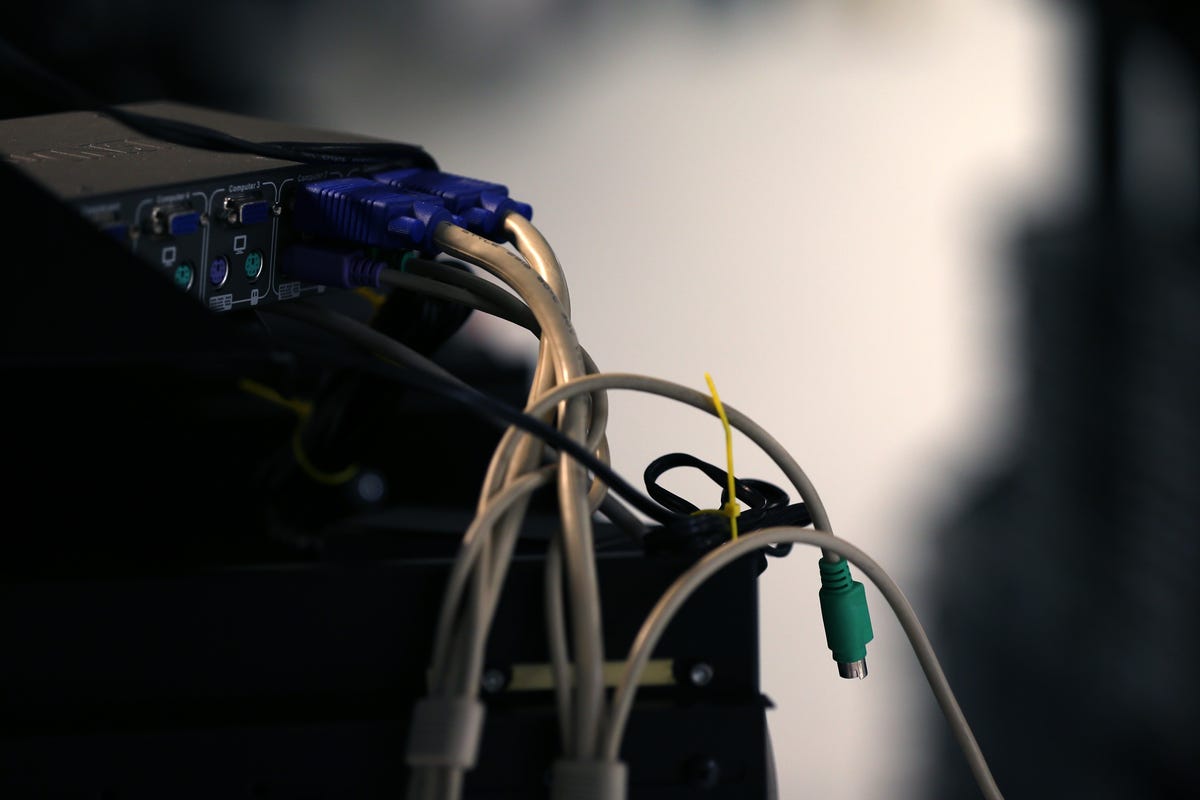
Michael Bocchieri, Getty Images
If you’re one of the millions of users reading CNET online each month, think about this: When you saw the link to this op-ed and clicked on it, you knew it would load the same way that it would for any other website.
But what if your Internet service provider could charge content companies like CNET for access to its customers and CNET was unable or unwilling to pay for this? Or what if your ISP could discriminate against your preferred news site in favor of another site they have an agreement with? Through no fault of your own, you could quickly find yourself blocked from, or with substandard access to, your favorite news source.
Companies that remain opposed to open Internet rules argue that you could simply switch to an Internet provider that had managed to extract a fee from CNET. Good luck. Nearly 75 percent of American households have no choice when it comes to broadband Internet providers. Even the DC Circuit Court, which struck down the FCC’s 2010 open Internet rules, found that ISPs have a terminating access monopoly over their users.
Fortunately, on Thursday, the FCC voted to put in place strong, legally enforceable Net neutrality rules that ban paid prioritization, blocking and discrimination of traffic online. The rules, for the first time, also apply to mobile. It is a welcome step that uses a light touch to ensure the same user freedom regardless of how one connects to the Internet.
On Capitol Hill, there is bipartisan support for rules enforcing Net neutrality. The debate today is largely about how to best achieve the end goal of Net neutrality, not whether Net neutrality is needed.
The ISPs like to argue that Net neutrality rules are tantamount to regulating the Internet as a public utility. It’s a nice talking point that may scare consumers into thinking the dynamic Internet they know and love is about to become something like the water company. But in reality, open Internet rules are designed to do precisely the opposite — to maintain users’ Internet experience by preventing ISPs from picking winners and losers in the digital marketplace.
Others argue that regulating the Internet providers under Title II will cause them to decrease investment in network maintenance and expansion. In reality, Sprint and Cablevision have publicly acknowledged that reclassification will not harm investment in their networks, and when pressed, other top executives at competing broadband providers have similarly demurred at the notion investment will halt.
Open Internet rules need to be comprehensive and enforceable, but that does not mean that they must be heavy-handed. The FCC has many tools to ensure regulation doesn’t go too far. At first glance, we are encouraged by the outlines of the commission’s intent to provide the necessary protections, while using a light-touch regulatory approach. The commission is drawing from multiple authorities, including Section 706, Title II, and Title III of the Telecommunications Act, to achieve strong rules. It is important to note that the FCC plans to forbear ISPs from the vast majority of Title II provisions, like rate regulation, that are commonly referred to as “utility style” regulations.
At the same time, advocates of Title II should be wary of prematurely declaring victory before reading the entire rule. In fact, the Internet Association and our member companies have maintained a results-oriented approach specifically because, even under Title II, open Internet is not guaranteed. It’s critical to read and enforce the details.
As with any top policy issue affecting millions of people, there should be healthy debate about the proper tools and tactics necessary to achieve the best outcome. But these arguments should not be used to cloud the true purpose of open Internet rules: protecting Internet users’ experiences so that when you want to read CNET online, you can.




